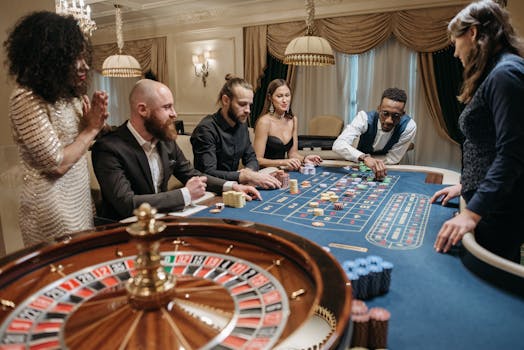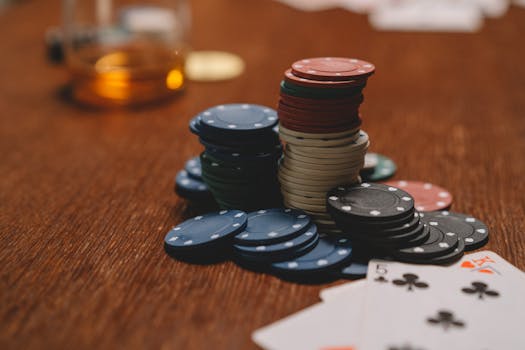Gamblers’ Fallacy: Still Fooling Millions
Understanding the Gamblers' Fallacy The concept of the gamblers’ fallacy is a common psychological pitfall that affects decision-making, leading individuals to believe that past events can affect the likelihood of something happening in the future. In the context of gambling, it often manifests as the belief that the odds of a random event, like a coin toss or a roulette spin, can change based on past outcomes. For instance, if a roulette wheel lands on black five times consecutively, one might believe that red is due next, despite each spin being completely independent.
Approaches to Combatting the Gamblers’ Fallacy
- Education and Awareness
One of the primary solutions to the gamblers' fallacy is education. Providing clear explanations and statistical education can help individuals understand the independence of random events. Workshops, seminars, and even casino-provided informational materials can aid in debunking this myth.
Advantages: Increased knowledge can lead to better decision-making in gambling and other areas of life. Disadvantages: Changing deeply ingrained beliefs can be challenging, and not all individuals may have access to or seek out educational resources.
- Cognitive Behavioral Techniques
Cognitive-behavioral therapy (CBT) strategies can be employed to help individuals recognize and alter faulty thinking patterns. This approach is particularly useful for gamblers who may act on the fallacy to detrimental effect.
Advantages: Provides tools for long-term change in thinking patterns. Disadvantages: Requires professional guidance and can be time-consuming and costly.
Practical Examples Casinos often display the results of previous spins on roulette tables. This can perpetuate the gamblers’ fallacy as players see patterns where none exist. Educative measures can include displaying messages that each spin is independent, helping to break the cycle of fallacious thinking.
Conclusion and Recommendation The gamblers' fallacy continues to mislead millions, but through targeted educational programs and cognitive-behavioral interventions, there is hope to reduce its impact. It is crucial for educational campaigns to highlight the randomness of events in gambling and other contexts. For those struggling with gambling due to these misconceptions, seeking cognitive-behavioral therapy might be a valuable step towards recovery.
For more information on cognitive behavioral techniques and gambling statistics, visit [reliable online source] or [official statistics website].
Remember, understanding and acknowledging the independence of random events can significantly alter one’s gambling habits and lead to more rational decision-making processes.

.png)



